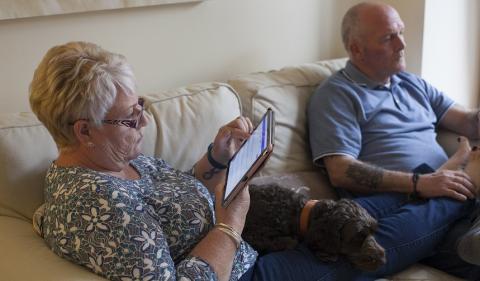Worried about memory problems
Becoming forgetful doesn't mean you have dementia. Memory loss can be caused by physical or mental health problems, and sometimes it's a just a normal sign of ageing. But it's always better to know.
Dementia Support Forum
Visit our online community to get advice, share experiences, connect.




